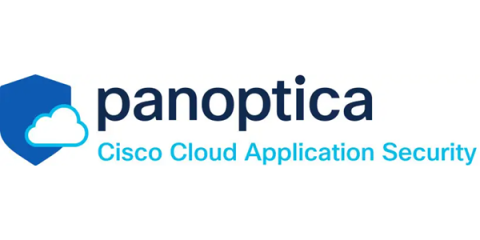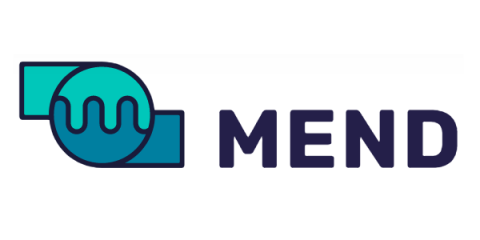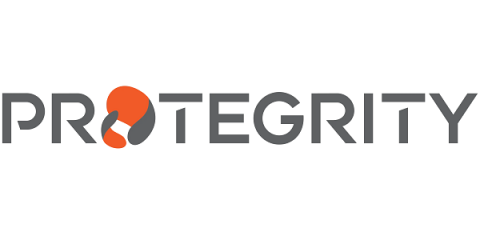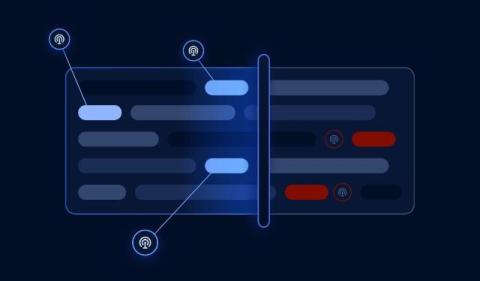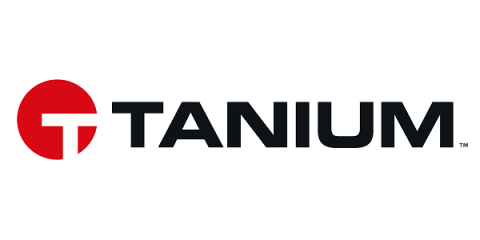Protect Your Business from Being Cryptojacked!
Cryptojacking is rapidly emerging as the most popular type of attack on cloud native applications and infrastructure. Care to guess how many cryptojacking attacks were recording in 2023? As a reference point, in the year before (2022), there were 139M cryptojacking attacks. However, this number jumped 659% the following year (2023) to 1.06B! That averages nearly 3M cryptojacking attacks every day, on average.


